5. Thelma Ritter (6 nominations, 0 wins)
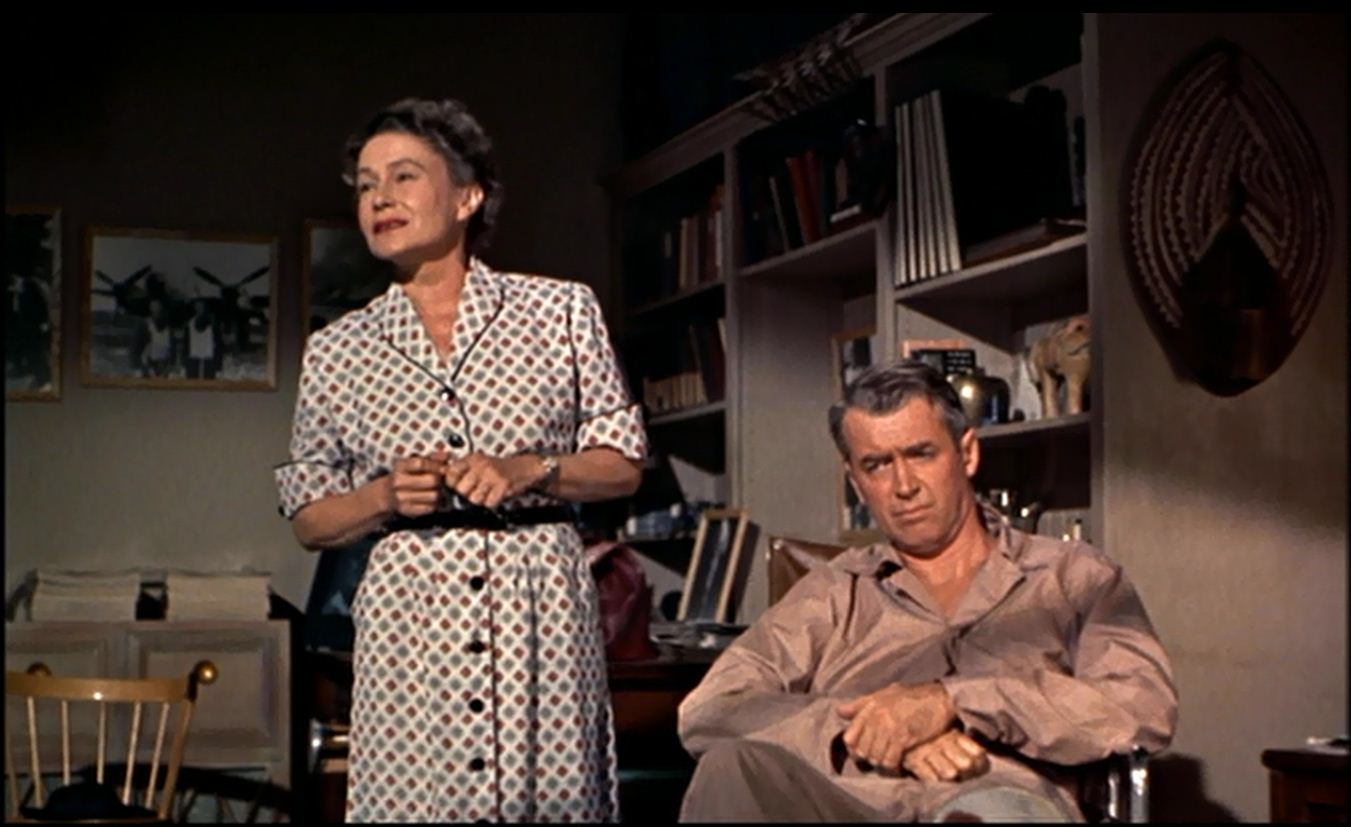
Thelma Ritter came into fame late in life – in the 50s, when she had most of her notable parts, she was already a middle-aged woman, having worked in theater and radio most of her life. She won a Tony in 1958 for a performance in musical New Girl in Town, but none of her six Oscar nominations between 1951 and 1963 proved to be the favorite with the Academy.
Quite a character actress of the classic days of American cinema, Ritter’s lack of Oscars it’s not such a surprise, since she never was a big star or a notable leading lady. Her most famous work was never even nominated – the woman who cares for the lead character played by James Stewart in classic Hitchcock flick Rear Window.
Her sudden death at 66, from a heart attack, cut a promising career short, and prevented Ritter from having more chances at a win in the Best Actress in a Supporting Role category, where she got all of her six nods. We’ll never know if she would have won, but we can celebrate the work of this remarkable character actress whose presence alongside big movie stars of her time was never less than noteworthy.
The nominations: Best Actress in a Supporting Role: All About Eve (1951, lost to Josephine Hull for Harvey); The Mating Season (1952, lost to Kim Hunter for A Streetcar Named Desire); With a Song in My Heart (1953, lost to Gloria Grahame for The Bad and the Beautiful); Pickup on South Street (1954, lost to Donna Reed for From Here to Eternity); Pillow Talk (1960, lost to Shelley Winters for The Diary of Anne Frank); Birdman on Alcatraz (1963, lost to Patty Duke for The Miracle Worker).
4. Glenn Close (6 nominations, 0 wins)
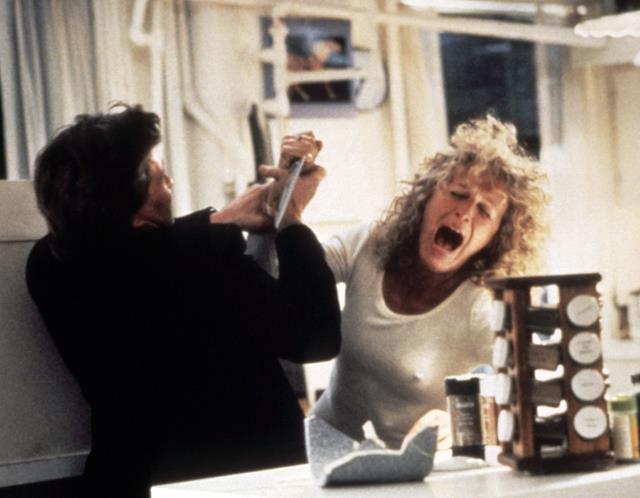
Our first case of a more contemporary actress, Close is now at 69 years-old, has two Golden Globes and three Emmys in her resume, and a host of memorable characters and performances that could have earned her an Oscar. From the nominated ones, most people think she had a right to the statuette in the most recent of them, for Albert Nobbs in 2012.
It was a tough year, with competition from Viola Davis (The Help), Michelle Williams (My Week with Marilyn) and eventual winner Meryl Streep (The Iron Lady). The same can be said of the other times she was remembered by the Academy, but it’s still unusual that an actress of Close’s fame and talent never won an Oscar.
Her next projects are not particularly exciting too, so maybe the American actress has resigned to her “Oscar-less” status. Going into the final phase of her career, she’s still one of the most remarkable screen presences in the last 40-odd years of cinema, and will probably be granted an honorary Oscar in the coming years – or maybe she’ll find one more striking role to give her a shot at a win in the acting categories. The exciting thing about this is we still have a lot to see from Mrs. Close.
The nominations: Best Actress in a Supporting Role: The World According to Garp (1983, lost to Jessica Lange for Tootsie); The Big Chill (1984, lost to Linda Hunt for The Year of Living Dangerously); The Natural (1985, lost to Peggy Ashcroft for A Passage to India). Best Actress in a Leading Role: Fatal Attraction (1988, lost to Cher por Moonstruck); Dangerous Liaisons (1989, lost to Jodie Foster for The Accused); Albert Nobbs (2012, lost to Meryl Streep for The Iron Lady).
3. Deborah Kerr (6 nominations, 0 wins)
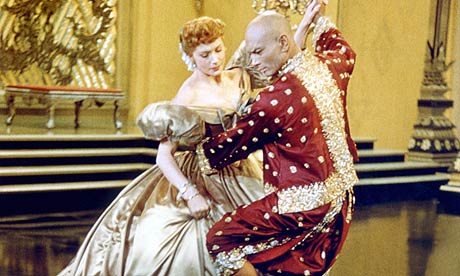
Most widely known for her roles in The King and I and From Here to Eternity, Deborah Kerr won an honorary Oscar in 1994 for being “an artist of impeccable grace and beauty; a dedicated actress whose motion picture career has always stood for perfection, discipline and elegance”. Of her previous six nominations in the acting categories, though, she never won one – though she died in 2007 at the age of 86, she actually stopped working in 1986, so maybe if she had continued acting she would find a late-career role that earned her the statuette.
The Scottish actress was on stage since her teenage years, later becoming a big name of British cinema in the 40s, only to “cross the pond” the next decade and earn her fist Oscar nod in 1950, at the age of 29. The next decade saw her nominated another five times, including for the star-making turns on The King and I and From Here to Eternity. Her work in the 60s was far less appreciated, and she later recurred to TV, earning a Primetime Emmy nomination before her retirement. Among her other honors are an honorary award at the Cannes Film Festival and a special recognition BAFTA.
The nominations: Best Actress in a Leading Role: Edward, My Son (1950, lost to Olivia de Havilland for The Heiress); From Here to Eternity (1954, lost to Audrey Hepburn for Roman Holiday); The King and I (1957, lost to Ingrid Bergman for Anastasia); Heaven Knows, Mr. Allison (1958, lost to Joanne Woodward for The Three Faces of Eve); Separate Tables (1959, lost to Susan Hayward for I Want to Live!); The Sundowners (1961, lost to Elizabeth Taylor for Butterfield 8).
2. Richard Burton (7 nominations, 0 wins)
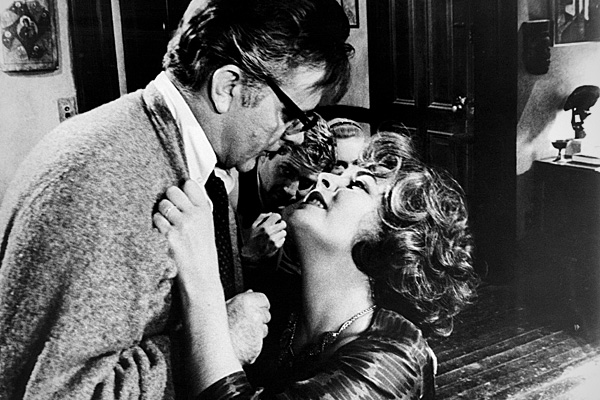
Most people remember Richard Burton for his multiple marriages, his turbulent relationship with Elizabeth Taylor, his early death from cerebral hemorrhage. He’s a perfect case of Hollywood celebrity in the 60s and 70s, but he’s also widely considered one of the finest British actors of the post-WWII period.
Maybe his excessive celebrity had something to do with the repeated refusal by the Academy to grant him an Oscar in any of the seven times he got nominated – maybe his persona overshadowed his acting abilities that way. It remains that Burton is a legendary actor that the Oscars never recognized, though. Probably due to his early death, Burton was never even granted an Honorary award.
Most people feel like he should have won for his performance in Who’s Afraid of Virginia Woolf?, one of the films he shared with Taylor (and for which she won her second Oscar), others say his finest performance was in the 1977 version of Equus, the famous play by Peter Shaffer, directed by Sidney Lumet (he won a Golden Globe for that performance). We’ll never know if the years would have granted Burton his long-awaited victory – he was even nominated for the film he shared with the previous actor on our list, Peter O’Toole (they were both in the running as Best Actor in a Leading Role for Becket in 1965).
The nominations: Best Actor in a Supporting Role: My Cousing Rachel (1953, lost to Anthony Quinn for Viva Zapata!). Best Actor in a Leading Role: The Robe (1954, lost to William Holden for Stalag 17); Becket (1965, lost to Rex Harrison for My Fair Lady); The Spy Who Came In from the Cold (1966, lost to Lee Marvin for Cat Ballou); Who’s Afraid of Virginia Woolf? (1967, lost to Paul Scofield for A Man for All Seasons); Anne of the Thousand Days (1970, lost to John Wayne for True Grit); Equus (1978, lost to Richard Dreyfus for The Goodbye Girl).
1. Peter O’Toole (8 nominations, 0 wins)
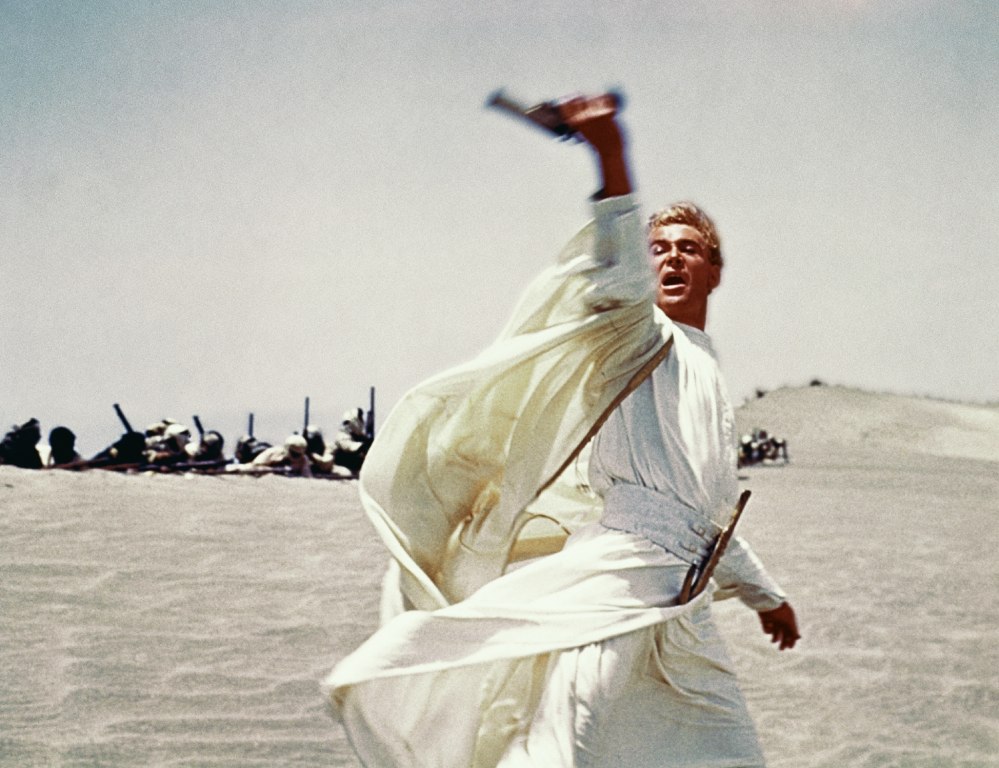
O’Toole’s case is perhaps the best-known among the actors on this list. A movie legend widely known for his lead performance in Lawrence of Arabia and other classic movies, O’Toole had that quality that makes a brilliant leading man, a mix of indelible charisma with the classically trained abilities of a true thespian. He attended the Royal Academy of Dramatic Arts along with his fellow actor (and also on this list) Albert Finney, spent several years working exclusively on stage and made his debut in cinema in 1960 – only two years prior to being chosen to portray T.E. Lawrence in David Lean’s classic.
Surviving a stomach cancer in the 70s, he found increasingly difficult to come by good roles as he got older. His reputations remained untarnished all through 2013, when he died in London, at 81 years old. His 8 Oscar nominations spawn more than 50 years of movie-making, the last one being for his role in Venus (2006), where he plays a veteran actor falling in love with a young co-worker – a lot of people claim he should have won that time. He received an honorary award in 2003, for his “remarkable talents [that] have provided cinema history with some of its most memorable characters”.
The nominations: Best Actor in a Leading Role: Lawrence of Arabia (1963, lost to Gregory Peck for To Kill a Mockingbird); Becket (1965, lost to Rex Harrison for My Fair Lady); The Lion in Winter (1969, lost to Cliff Robertson for Charly); Goodbye Mr. Chips (1970, lost to John Wayne for True Grit); The Ruling Class (1973, lost to Marlon Brando for The Godfather); The Stunt Man (1981, lost to Robert De Niro for Raging Bull); My Favorite Year (1983, lost to Ben Kingsley for Gandhi); Venus (2007, lost to Forest Whitaker for The Last King of Scotland).
Author Bio: Caio Coletti is a Brazilian-born journalist, a proud poptimist, and has too many opinions to keep them all to himself.